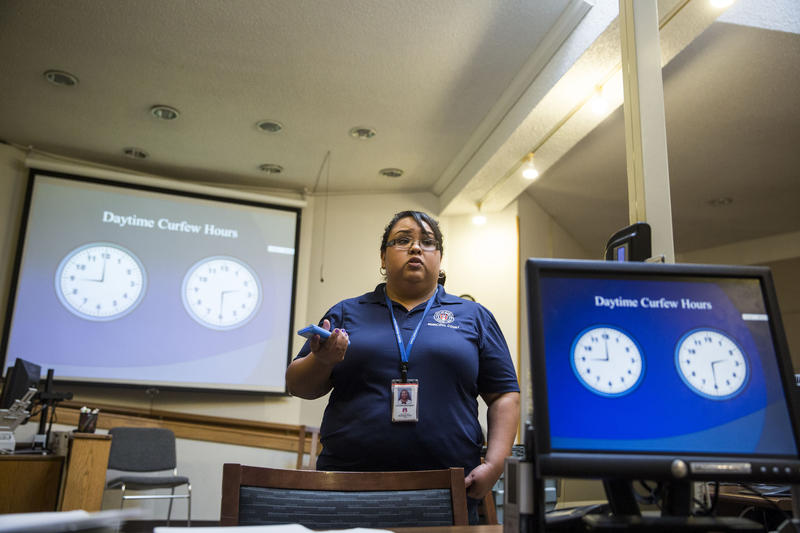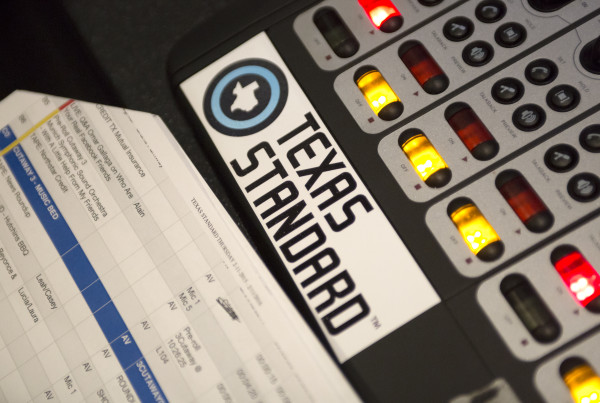Audio will be available shortly.
From KUT:
About 15 middle- and high-school students sit in a row of seats in a dark courtroom on a Monday night at Austin Municipal Court. A few of the students are talking quietly, but most of them are silent. No one looks like they want to be here. They were caught out of school by a police officer, and now they’re at the court’s juvenile curfew class.
In Austin, students on the street between 9 a.m. and 2:30 p.m. are breaking the city’s daytime juvenile curfew. If caught, students can be given a Class C misdemeanor. Last legislative session, the state decriminalized chronic absenteeism — missing multiple days of school over a period of time — and some say daytime juvenile curfew violations should be decriminalized, too.
Austin Municipal Court has taken steps to defer kids charged with breaking curfew from entering the criminal justice system. The curfew class is one way a ticket can be waived. The court won’t even file it in the system.
The class is painfully slow and the kids are difficult to engage. Christina Rodriguez, one of the court’s juvenile case managers, tells the students she’s going to explain curfew and truancy laws, and the difference between the law and school rules. “Understanding the risk and the consequences,” she says.
The municipal judge would not talk to KUT on the record, but in an email, court operations officer Kim Chadwick said the goal of the diversion program is to resolve these citations in a less punitive way.
















